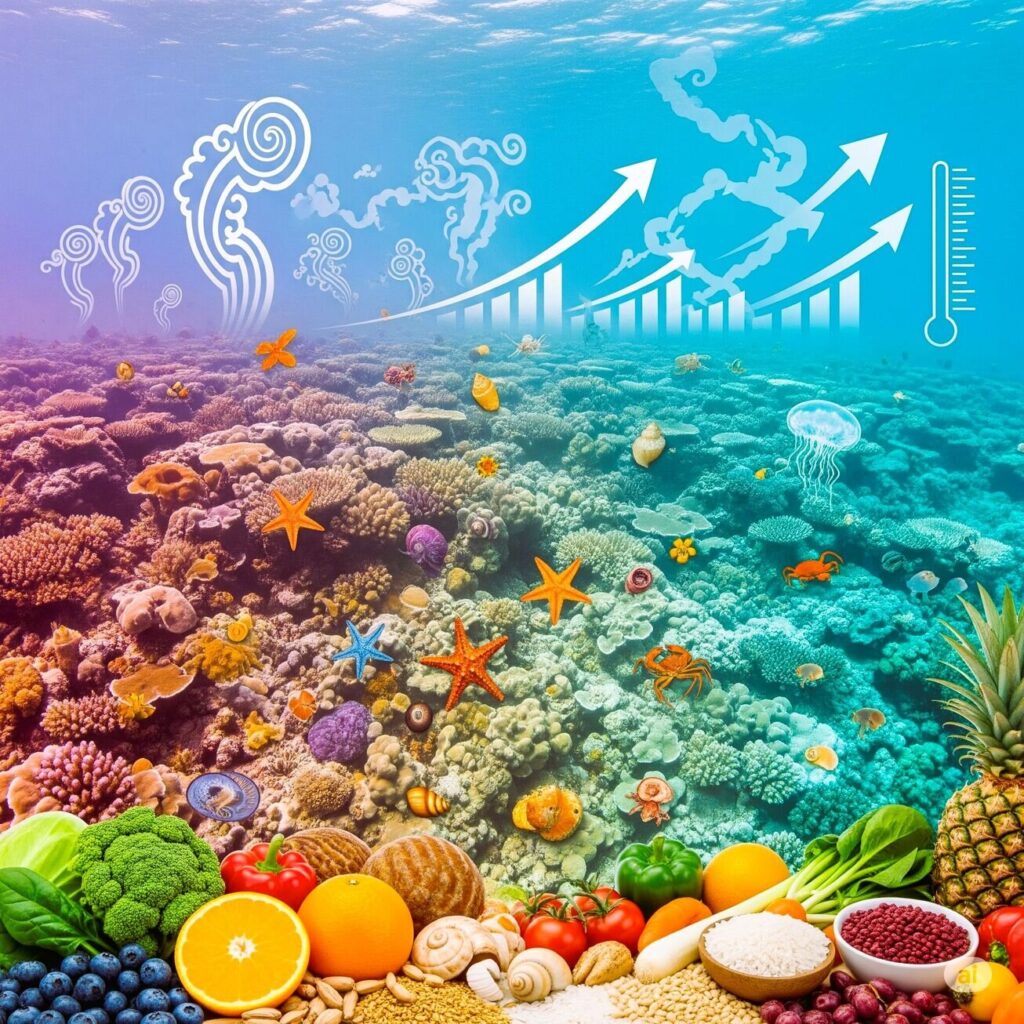Every week, the TessDrive team gathers interesting or significant news and developments from advocates and proponents of plant-based lifestyle and technologies, because we firmly believe that the best that our planet can offer, and the best that we can do for the planet, does not involve giving up the lives of our fellow non-human sentient companions.
Beware of ‘super-spreaders’ of health misinformation
In a May 22 article by Liam Pritchett for Plant Based News (plantbasednews.org), the “Nutrition Misinformation in the Digital Age 2024-2025” report produced by Rooted Research Collective’s multidisciplinary team of industry experts in association with consumer advocacy organization The Freedom Food Alliance has identified a group of 53 social media “super-spreaders” sharing health misinformation online, exposing up to 24 million vulnerable users to harmful advice. Pritchett’s report adds that “96% of these influencers financially benefit from promoting misinformation, including by selling biohacking ‘therapies’ and organizing ‘medical’ conferences to promote supplements and extreme lifestyles.” To counteract these super-spreaders, “Nutrition Misinformation” calls for a 3-part policy response to fight health misinformation, including practical nutrition and digital literacy education, promoting trusted and credentialed online influencers, and enforcing ethical guidelines to prevent misuse of medical titles.
The science on ultra-processed foods

In a May 22 report by Charlotte Pointing for VegNews (vegnews.com), research suggests that ultra-processed foods (UPFs) make up around 60% of the average person’s diet in the United States. Pointing writes that experts have warned that excess consumption of UPFs has been linked to an increased risk of everything from cancer to stroke to cognitive decline. Overall, the article says, UPFs have been linked to about 32 diseases. On the other hand, totally abstaining from UPFs may not be such a good idea, as well. Pointing reports that in 2024, two UK scientists released a paper in the journal Plos Medicine expressing concern that urging everyone to avoid UPFs at all costs might be doing more harm than good. It turns out that many UPFs do offer some nutritional value, and play a vital role in providing many people with convenient, affordable sustenance. To help consumers determine the health risk factors of UPFs, Pointing mentions the nutrition app Zoe, which announced it had launched a UPF risk scale to help people make more informed decisions around their food choices.
The link between warming oceans and our diets

In a May 20 report for VegNews (vegnews.com), Charlotte Pointing reveals that new research, published in BioScience and led by Oregon State University’s College of Forestry, shows more than 3,500 animal species—including fish, birds, arachnids, and mollusks—are threatened by the climate crisis. The researchers expressed particular concern about ocean invertebrates, which are especially vulnerable “because of their limited ability to move and promptly evade adverse conditions,” and oceans absorb about 90% of global warming, according to NASA. Pointing writes that “switching to plant-based diets could help protect our environment—and ocean life—in meaningful ways. A 2023 analysis from the University of Oxford, which studied data from 38,000 farms across 119 countries, found that vegan diets result in 75% fewer emissions than meat-based diets where meat is consumed daily. Another study, published in 2024, suggested that adopting a plant-based, flexitarian style diet could help decrease the risk of global warming by 50%.
All images generated by Gemini Advanced
